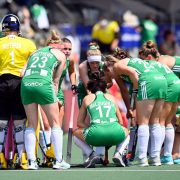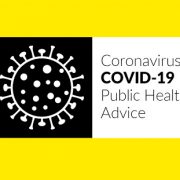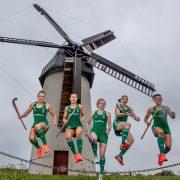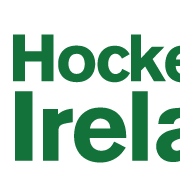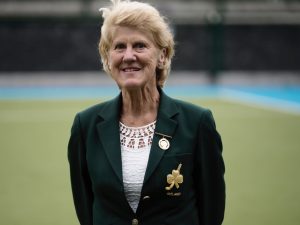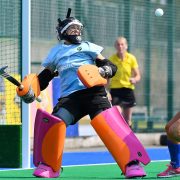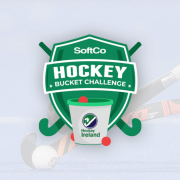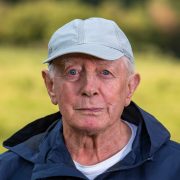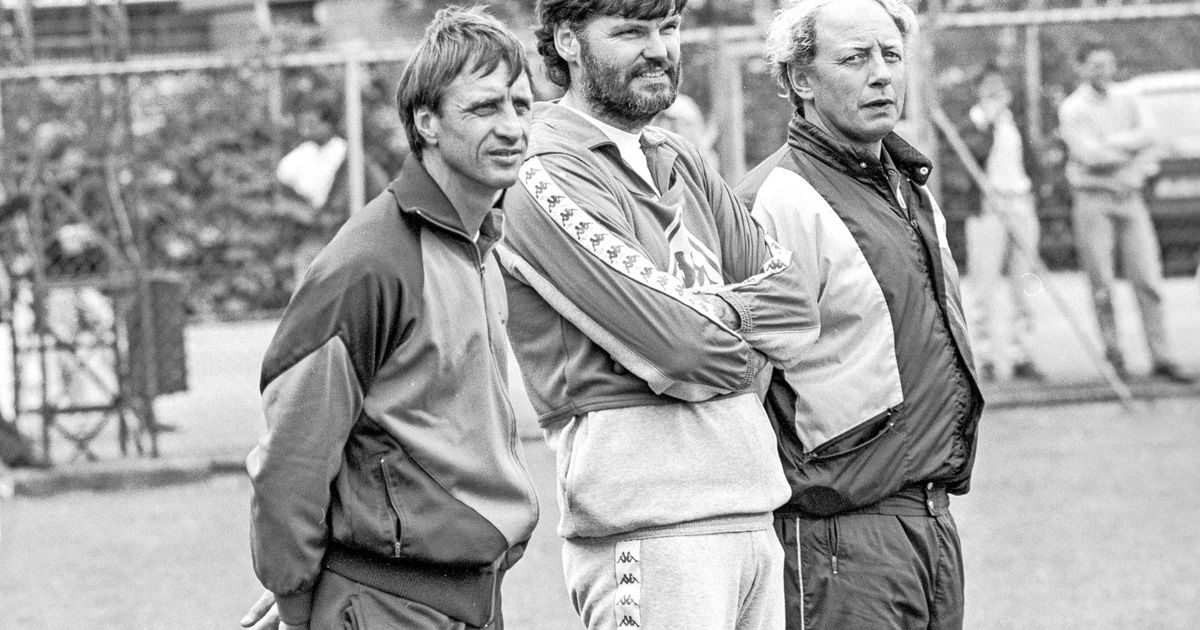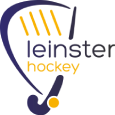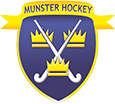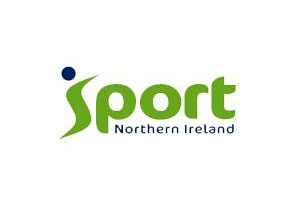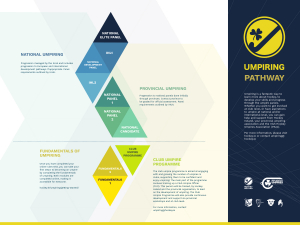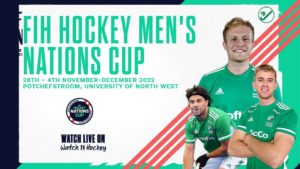After over 20 months preparing in the background, the Irish women’s hockey team is looking to hit the ground running at June’s European Championships in the Netherlands.
It is the first phase of a huge summer that culminates in the Tokyo Olympic Games with the Euros doubling up as a key preparation tournament for the Games while also providing three potential 2022 World Cup tickets.
It means head coach Sean Dancer has selected his strongest available squad for the eight-team competition at Amstelveen’s Wagener Stadium, bidding for a first-ever semi-final spot.
There, they will take on world number one side the Netherlands on June 5th in a rematch of the 2018 World Cup final; on June 7th, Ireland face Scotland before closing out the group stages on June 9th against Spain.
Dancer’s 18-player panel features 12 of the 2018 World Cup silver medal-winning side and 13 of the team that won qualification to the Olympic Games in November 2019 in a dramatic shoot-out in front of a packed-out Donnybrook Stadium.
Heroes like Ayeisha McFerran, Lizzie Colvin, Nicci Daly, Nikki Evans, Megan Frazer Hannah Matthews, Shirley McCay, Katie Mullan, Anna O’Flanagan, Lena Tice, Roisin Upton, Sarah Hawkshaw and Chloe Watkins bring a wealth of talent to the table.
There have been injury issues, though, which have seen Zoe Wilson and Barr twins Serena and Bethany have to sit out the summer action.
And so, over the course of the Covid-19 pandemic, Dancer’s panel has evolved with several new faces emerging.
Rising UCD star Michelle Carey is set to make her formal capped international debut when the Green Army take the field against the Dutch.
A product of the Railway Union youth system, she has been an ever-present at training camps in Spain, Belfast and England since the turn of the year, scoring a number of goals from midfield in international challenge matches to date.
She is one of three players making their first appearance in a world ranking event. Loreto speedster Sarah Torrans gets her chance having been on the list of reserves for the World Cup while UCD’s Hannah McLoughlin has impressed in defence in recent series against Great Britain and Scotland.
Cratloe native Naomi Carroll will play her first capped match since the summer of 2018, having taken the long road back from an ACL injury sustained while in ladies football action for Clare. Since then, she was part of the rejuvenated Irish indoor hockey side in 2020 before earning her recall to the senior outdoor setup.
All going well, a number of established faces will hit major milestones during the tournament. Evans is two caps shy of her 200th international outing; Colvin will hit that same mark if she plays four matches in the competition; Matthews, meanwhile, is three caps away from 150 appearances in green.
Due to Covid-19 concerns, the European Hockey Federation has allowed a further two players to join the panel as “travelling reserves” in addition to the initial panel of 18.
Deirdre Duke will offer cover for midfield and forward lines while uncapped Muckross player Sarah McAuley waits in the wings defensively.
For World Cup qualification, Ireland will only be absolutely assured of a ticket if they finish in the top three positions. Currently, Spain and the Netherlands are already pre-qualified as hosts; should either or both finish in the medal positions in Amstelveen, fourth or fifth place could provide the golden ticket.
Speaking at the announcement about the selection, coach Dancer said: “It has been a long, tough 12 months, preparing in a Covid world. It is a credit to the group’s strength to arrive at this year’s Euros with a very balanced team.
“I will enjoy watching the experienced players controlling our play in combination with the excitement of our young players such as Michelle Carey and Hannah McLoughlin.
“The European Championships is a major tournament with ramifications for next year’s World Cup. We have made our objectives very clear and will push hard as a group towards them.”
The squad was announced this morning in Skerries at a joint event run by primary sponsors SoftCo and Park Developments, supporting their rise to the sport’s elite levels.
“Congratulations to the players that have been selected for the Irish women’s hockey squad for the European Championship today,” SoftCo co-founder Susan Spence said.
“Since achieving a World Cup silver medal, this group have continued to drive forward with Olympic qualification and the recent historic victory over Great Britain. We are extremely proud to be their main sponsor as they go in search of European and Olympic glory this summer and wish them every success.”
Park Developments’ managing director Sean O’Neill added: “From a Park Developments perspective, we wish Sean, Katie and all the squad all the very best for the 2021 European Championships.
“Our journey with this team is built on support, and we are so proud of this group’s unique ability to inspire so many young sports people and fans alike.”
Ireland women’s squad for EuroHockey Championships – June 5-13, 2021, Wagener Stadium, Amstelveen, Netherlands (club/caps):
Ayeisha McFerran (SV Kampong, 100) – goalkeeper
Lizzie Murphy (Loreto, 13) – goalkeeper
Michelle Carey (UCD, 0)
Naomi Carroll (Catholic Institute, 111)
Lizzie Colvin (Belfast Harlequins, 196)
Nicci Daly (Loreto, 189)
Nikki Evans (Old Alex, 198)
Megan Frazer (Belfast Harlequins, 136)
Sarah Hawkshaw (Railway Union, 33)
Hannah Matthews (Loreto, 147)
Shirley McCay (Pegasus, 306)
Hannah McLoughlin (UCD, 14)
Katie Mullan (Ballymoney, 193) – captain
Anna O’Flanagan (Muckross, 207) – vice-captain
Lena Tice (Old Alex, 109)
Sarah Torrans (Loreto, 26)
Roisin Upton (Catholic Institute, 76)
Chloe Watkins (Monkstown, 226)
Travelling reserves: Deirdre Duke (Old Alex, 141), Sarah McAuley (Muckross, 0)
Tournament details
EuroHockey Championships 2021 (all times Irish)
Group A (world rank): Netherlands (1st), Spain (7th), Ireland (8th), Scotland (22nd)
Group B: Germany (4th), England (5th), Belgium (12th), Italy (17th)
Irish fixture schedule
June 5th, 2021: Ireland v Netherlands, 2.30 pm
June 7th, 2021: Ireland v Scotland, 11.30 am
June 9th, 2021: Ireland v Spain, 11.30 am
June 11th 2021: Semi-finals/relegation pool
June 12th/13th: Medal matches/relegation pool
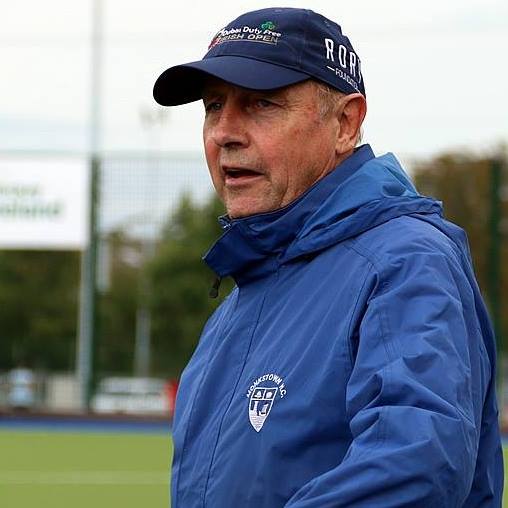 In business, Watkins has over 20 years experience in the Corporate Governance, Compliance and Regulatory environment and in developing a team culture to deliver success. He has been a director of Hockey Ireland since May 2019.
In business, Watkins has over 20 years experience in the Corporate Governance, Compliance and Regulatory environment and in developing a team culture to deliver success. He has been a director of Hockey Ireland since May 2019.